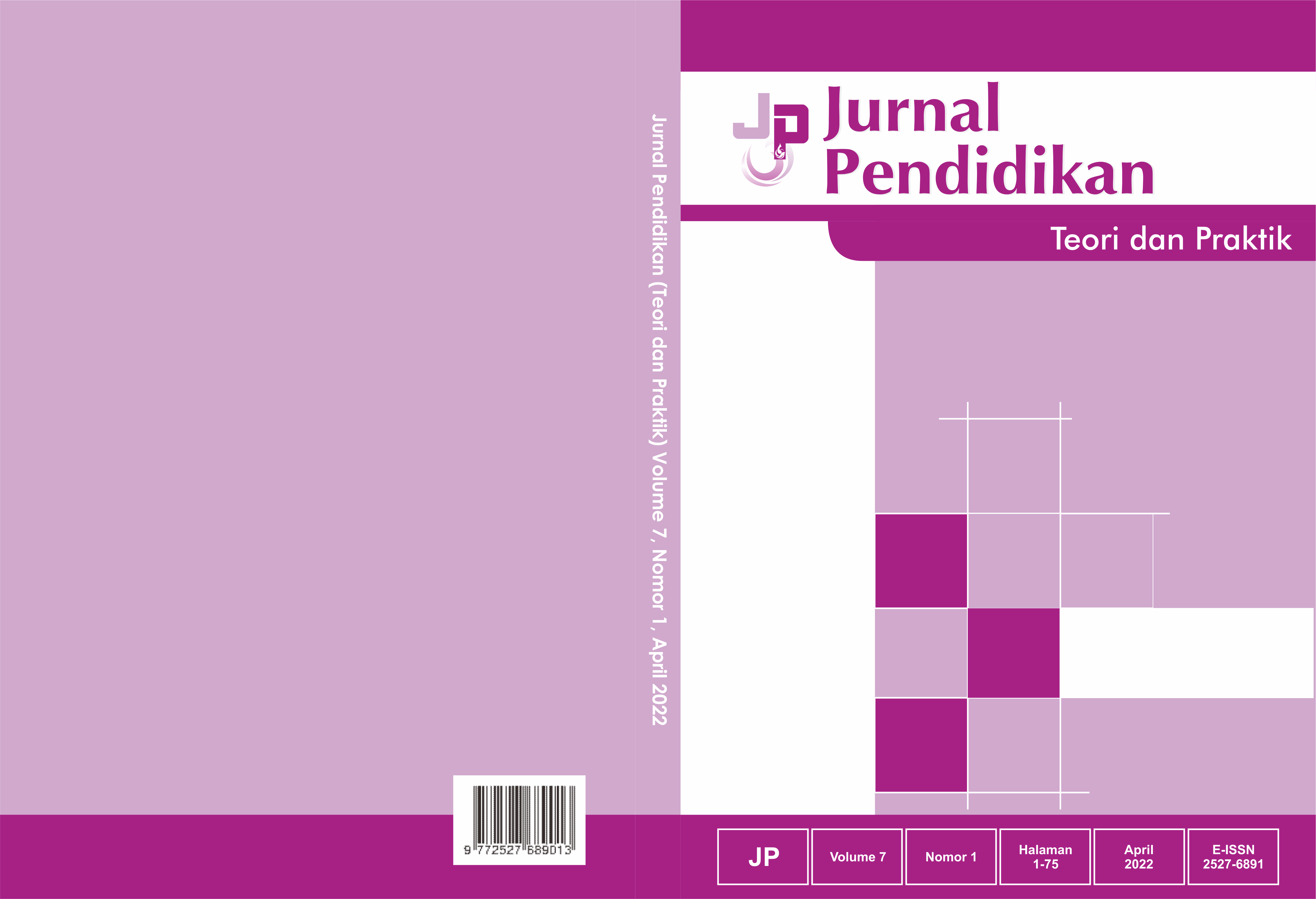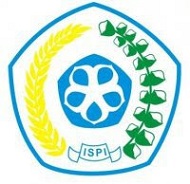THE INFLUENCE OF THE STEAM LEARNING MODEL ON MOTIVATION AND RESULTS IN SCIENCE LEARNING IN CLASS V STUDENTS
DOI:
https://doi.org/10.26740/jp.v8n2.p129-137Keywords:
STEAM Learning Model, Learning Motivation, Learning OutcomesAbstract
The study's objective was to determine how the STEAM Model affected fifth-graders at SDI Biringkaloro Gowa's science learning results and motivation. This type of research is essentially an experiment. In this study, the quasi-experimental design takes the shape of a quantitative study with the kind of quasi-experimental research, where the design has a control group but can't fully function to control outside factors that influence how the experiment is carried out. The experimental group and the control group were the two groups used in this investigation. There are 60 students involved as the sample in this study. The 30 students as experimental group or class will employ the STEAM learning model, while the control class which includes the other 30 students will conduct the learning without using the STEAM learning model. The data were investigated using statistical analysis techniques such as validity analysis, descriptive statistical analysis, and inferential statistical analysis. The data was processed using the IBM SPSS 27 application. Homogeneity, normality, and MANOVA hypothesis testing were among the tests performed. According to an examination of the Manova test findings, which indicated a significant value of 0.000, the STEAM learning model has an effect on the motivation and academic performance of fifth grade students at SDI Biringkaloro Gowa. H0 is rejected and Ha is acceptable if 0.000 0.05. This suggests that the STEAM learning paradigm's implementation at SDI Biringkaloro Gowa has a significant impact on students' motivation and science learning outcomes.
References
Hardiyana, B., & Yudistira, R. (2018). Application of IPS Learning about Humans and Geographical Environment Based on Multimedia (A. A.G., N. A.B.D., W. L., & K. P.S. (Ed.); Vol. 407, Nomor 1). Institute of Physics Publishing. https://doi.org/10.1088/1757-899X/407/1/012132
Hasanah, U. (2021). (Guided Inkuiri) terhadap Hasil Belajar Siswa pada Mata Pelajaran IPA di Madrasah Ibtidaiyah Miftaful Huda Turen Malang. IAIN Sunan Ampel Surabaya.
Jewaru, A. A. L. (2019). Pengaruh model pembelajaran Problem Based Learning (PBL) dipadu dengan Group Investigation (GI) terhadap kemampuan pemecahan masalah pada pelajaran fisika. Universitas Negeri Malang.
Khairuddin, Sujarwo, & Atmowardoyo, H. N. (2019). Learning and Learning inCv. Brilliant Starlight.
Krismony, N. P. A., Parmiti, D. P., & Japa, I. G. N. (2020). Pengembangan Instrumen Penilaian Untuk Mengukur Motivasi Belajar Siswa SD. Jurnal Ilmiah Pendidikan Profesi Guru, 3(2), 249. https://doi.org/10.23887/jippg.v3i2.28264
Ni Luh Esi Yani, Made Sedana, M. A. N. T. (2021). PENERAPAN MODEL PEMBELAJARAN PROBLEM BASED LEARNING UNTUK MENINGKATKAN MINAT DAN HASIL BELAJAR IPA SISWA KELAS IV SD N 3 BANTIRAN. Widyajaya: Jurnal Mahasiswa Prodi PGSD, Vol 1, No.
Sardiman, A. (2019). Interaction & Motivation for Teaching and Learning. PT Raja Grafindo Persada.
Sari, M. (2022). Metodologi penelitian. Global Eksekutif Teknologi.
Sugiyono. (2019). Metode Penelitian Kuantitatif, Kualitatif, dan R&D. Alfabeta.
Susanto, A. (2019). Theory of Learning and Learning in Elementary Schools. Prenada Media Group.
Tirmayasari, T., Jufri, A. W., & Harjono, A. (2019). Learning materials of natural science of characters-based problems on light and optical concept (A. A.G., N. A.B.D., W. I., D. A.A., & A. C.U. (Ed.); Vol. 1402, Nomor 4). IOP Publishing Ltd. https://doi.org/10.1088/1742-6596/1402/4/044092
Undang-Undang Republik Indonesia No. 20 tahun 2003 tentang Sistem Pendidikan Nasional. (2017).
Downloads
Published
How to Cite
Issue
Section
License

This work is licensed under a Creative Commons Attribution-ShareAlike 4.0 International License.
 Abstract views: 408
,
Abstract views: 408
, PDF Downloads: 325
PDF Downloads: 325








.png)





